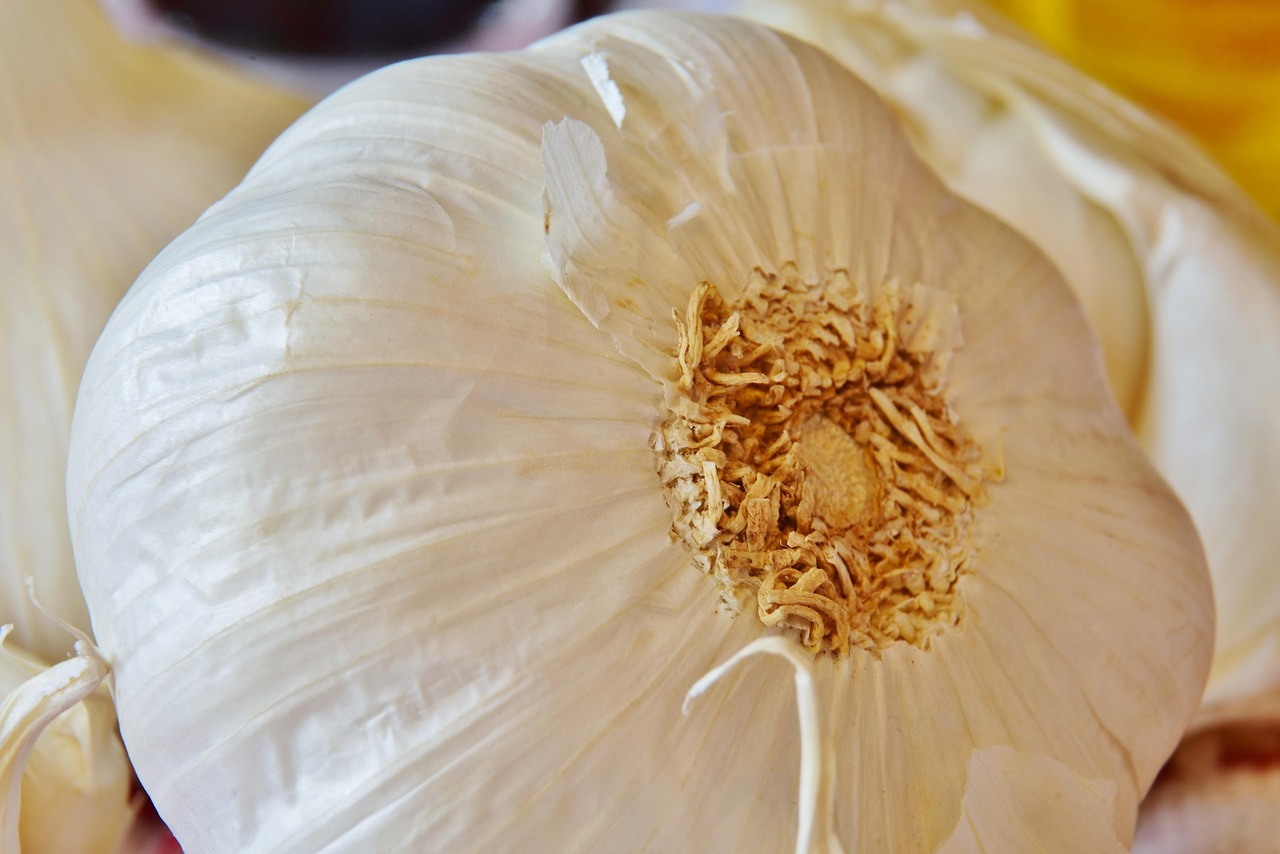“`html
In recent years, the plant-based diet has surged in popularity, capturing the interest of health enthusiasts, environmentalists, and culinary adventurers alike. But what does it truly entail? A plant-based diet emphasizes the consumption of whole, minimally processed foods derived primarily from plants. This approach not only promotes health and wellbeing but also aligns with environmental sustainability initiatives. In this comprehensive guide, we will delve into the key components, benefits, challenges, and practical tips for successfully adopting a plant-based lifestyle.
What is a Plant-Based Diet?
A plant-based diet is centered around foods derived from plants. While it may include some animal products, the focus is largely on consuming:
- Fruits and vegetables
- Whole grains
- Legumes (beans, lentils, peas)
- Nuts and seeds
- Healthy fats (e.g., olive oil, avocado)
Types of Plant-Based Diets
It’s essential to recognize that a plant-based diet can vary significantly among individuals:
- Vegetarian: Excludes meat but may include dairy and eggs.
- Vegan: Excludes all animal products, including dairy, eggs, and honey.
- Pescatarian: Includes fish and seafood but excludes other meats.
- Flexitarian: Primarily plant-based but allows occasional meat and animal products.
The Health Benefits of a Plant-Based Diet
Switching to a plant-based diet is associated with numerous health benefits. Here are some of the most notable:
- Weight Management: Plant-based diets are typically lower in calories and fat, which can facilitate weight loss.
- Heart Health: Rich in fiber, antioxidants, and healthy fats, plant-based diets can reduce the risk of heart disease.
- Diabetes Control: Lowered blood sugar levels and improved insulin sensitivity are common with increased plant-based food consumption.
- Reduced Cancer Risk: Studies suggest a diet high in fruits, vegetables, and whole grains may lower cancer risk.
Relevant Statistics
According to a study published in the Journal of the American Heart Association, individuals following a plant-based diet are 32% less likely to develop heart disease compared to those who consume meat regularly.
Practical Tips for Transitioning to a Plant-Based Diet
Transitioning to a plant-based diet may seem daunting, but with some practical strategies, it can be an enjoyable journey:
- Start Slowly: Gradually incorporate more plant-based foods into your meals.
- Experiment with Meat Alternatives: Try meat substitutes like tofu, tempeh, or jackfruit.
- Plan Your Meals: Create a weekly meal plan focusing on whole, plant-based ingredients.
- Explore New Recipes: Investigate various cuisines that emphasize plant-based foods, such as Mediterranean or Indian dishes.
- Stay Educated: Follow reputable blogs or documentaries, such as “Forks Over Knives,” to keep motivated and informed.
Common Challenges and Solutions
As with any lifestyle change, adopting a plant-based diet can present challenges. Here are some common obstacles and how to overcome them:
Lack of Protein
Many individuals worry about getting adequate protein. Solutions include:
- Incorporating legumes like lentils and chickpeas.
- Including nuts and seeds in salads or snacks.
- Utilizing protein-rich grains like quinoa and farro.
Dining Out
Eating out can be tricky, but many restaurants now offer plant-based options. Tips include:
- Research menus online beforehand.
- Ask the server about plant-based modifications.
- Check if nearby restaurants specialize in vegan or vegetarian cuisine.
Conclusion
Adopting a plant-based diet can significantly enhance your health, reduce your environmental impact, and introduce you to a variety of exciting culinary experiences. By understanding the key components, health benefits, practical tips, and common challenges, you’re well-equipped to embark on this rewarding journey. Whether you choose a full vegan lifestyle or a flexible approach, prioritizing plant-based foods can pave the way for a healthier and more sustainable future. Embrace the diverse flavors and abundant health benefits that come with a plant-based way of living today!
“`






